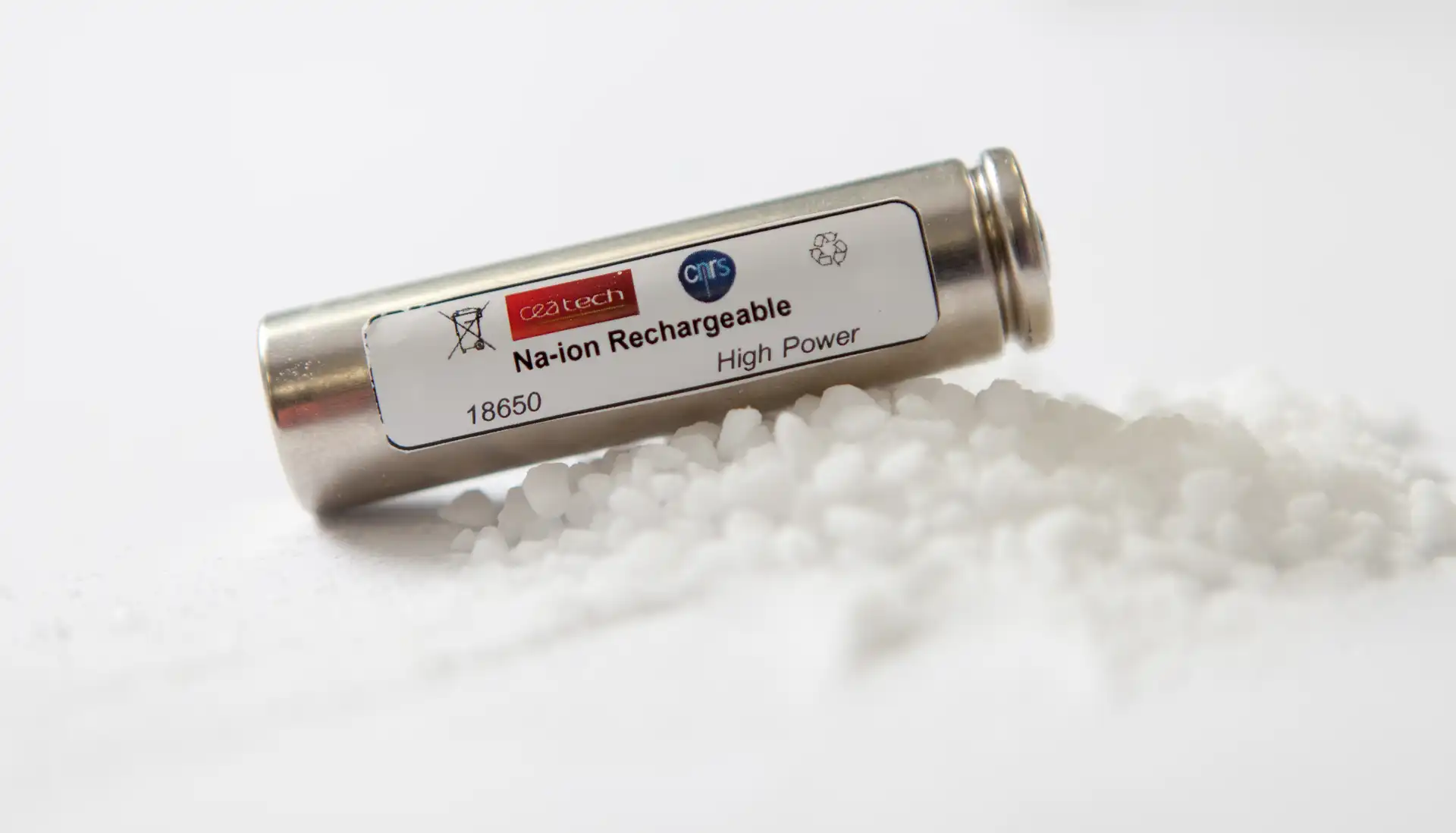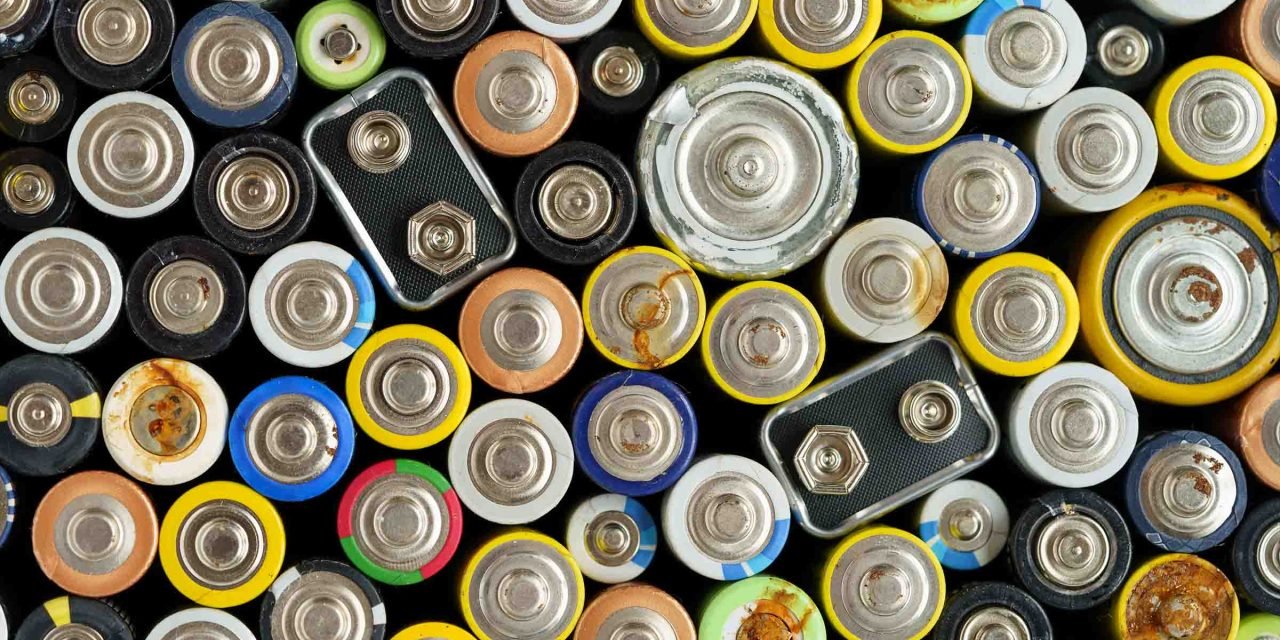Why Sodium-ion Battery is the Future?
Introduction
In recent times, the quest for alternative energy storage solutions that can overcome the limitations of conventional lithium-ion batteries has garnered significant attention. Sodium-ion battery technology have emerged as a promising contender, offering a multitude of advantages and paving the way for a more sustainable and efficient energy storage future. In this article, we delve into the reasons why sodium batteries are deemed the future of energy storage.
Abundant and Cost-Effective Resource:
One of the primary benefits of Sodium-ion battery technology is the abundance and cost-effectiveness of sodium as a resource. Sodium is widely available in the Earth's crust, making it a financially viable alternative to the relatively scarce and expensive lithium. The abundance of sodium ensures a stable supply chain and reduces reliance on limited resources, thereby making sodium batteries a more sustainable and economically feasible option.
Environmental Friendliness:
Sodium batteries also offer environmental advantages. Unlike lithium-ion batteries that necessitate intensive mining processes for lithium extraction, sodium can be obtained from seawater or brine pools with relative ease. This extraction process carries a lower environmental impact, minimizing disruptions to ecosystems and reducing carbon emissions associated with lithium extraction. Sodium batteries present a greener alternative with a reduced ecological footprint.
Comparable Energy Density:
Energy density plays a pivotal role in assessing battery performance. Sodium-ion battery technology have made significant strides in recent years, approaching energy densities similar to those of lithium-ion batteries. Although they may not yet match the energy density of lithium-ion batteries, the rapid advancements in sodium-ion battery technology indicate that they are quickly closing the gap. Ongoing research and development efforts suggest that sodium batteries will achieve comparable or even higher energy densities in the near future.
Enhanced Safety Levels:
Safety is a paramount concern in energy storage systems. Sodium-ion batteries offer enhanced safety features compared to their lithium-ion counterparts. Sodium exhibits lower reactivity and is less prone to thermal runaway, thereby reducing the risk of fire or explosion. This characteristic makes sodium-ion batteries a safer option, particularly in applications where safety is of utmost importance, such as electric vehicles and grid-level energy storage.
Compatibility with Existing Infrastructure:
Another advantage of sodium-ion batteries is their compatibility with existing infrastructure. The design and composition of sodium-ion batteries can be modified to align with the existing manufacturing processes employed for lithium-ion batteries. This compatibility ensures a relatively seamless transition from lithium-ion to sodium-ion batteries, minimizing the need for significant changes in manufacturing facilities or supply chains. Such compatibility facilitates the faster adoption of sodium-ion batteries across various industries and applications.
Versatile Range of Applications:
Sodium-ion batteries have the potential to power a diverse array of applications. From portable electronics to electric vehicles and renewable energy storage, sodium-ion batteries offer versatility and scalability. As the technology progresses, sodium-ion batteries can be optimized for specific applications, enabling efficient and reliable energy storage solutions across various sectors.
Ongoing Research and Development:
The field of Sodium-ion battery technology is experiencing rapid advancements due to continuous research and development endeavors. Scientists and engineers are continuously exploring novel materials, electrode designs, and electrolyte formulations to enhance the performance and efficiency of sodium-ion batteries. This ongoing innovation ensures that sodium-ion batteries will continue to evolve, making them an increasingly attractive option for future energy storage requirements.
Conclusion:
Sodium-ion batteries are poised to revolutionize the energy storage landscape. With their abundance, cost-effectiveness, environmental friendliness, safety, compatibility, and wide range of applications, Sodium-ion battery technology provide a compelling alternative to lithium-ion batteries. As research and development efforts drive further advancements, sodium-ion batteries are set to play a pivotal role in transitioning toward a cleaner and more sustainable energy future.
FAQs
1. Can sodium-ion batteries completely replace lithium-ion batteries? While Sodium-ion battery technology hold great promise, they are still undergoing development and have yet to achieve the commercialization and widespread adoption enjoyed by lithium-ion batteries. However, sodium-ion batteries have the potential to complement and, in some cases, replace lithium-ion batteries in specific applications in the future. 2. Are sodium-ion batteries already available in the market? Sodium-ion batteries are still in the research and development phase, and their commercial availability is currently limited. Nevertheless, several companies and research institutions are actively working on advancing sodium-ion battery technology, and we can anticipate commercial offerings in the near future. 3. What are the main challenges in developing sodium-ion batteries? Some of the primary challenges in sodium-ion battery development include attaining higher energy densities, improving cycling stability, and optimizing electrode and electrolyte materials. Overcoming these challenges necessitates extensive research and collaboration among scientists, engineers, and industry experts. 4. Can existing lithium-ion battery manufacturing facilities be repurposed for sodium-ion batteries? Yes, one of the advantages of sodium-ion batteries lies in their compatibility with existing lithium-ion battery manufacturing infrastructure. With appropriate modifications, existing facilities can be repurposed to produce sodium-ion batteries, minimizing the need for substantial investments in new manufacturing infrastructure. 5. Will sodium-ion batteries contribute to a greener and more sustainable future? Absolutely, sodium-ion batteries have the potential to contribute to a greener and more sustainable future. Their abundant and environmentally friendly resources, coupled with their compatibility with existing infrastructure, make them an attractive option for storing renewable energy and reducing reliance on fossil fuels.









Comments